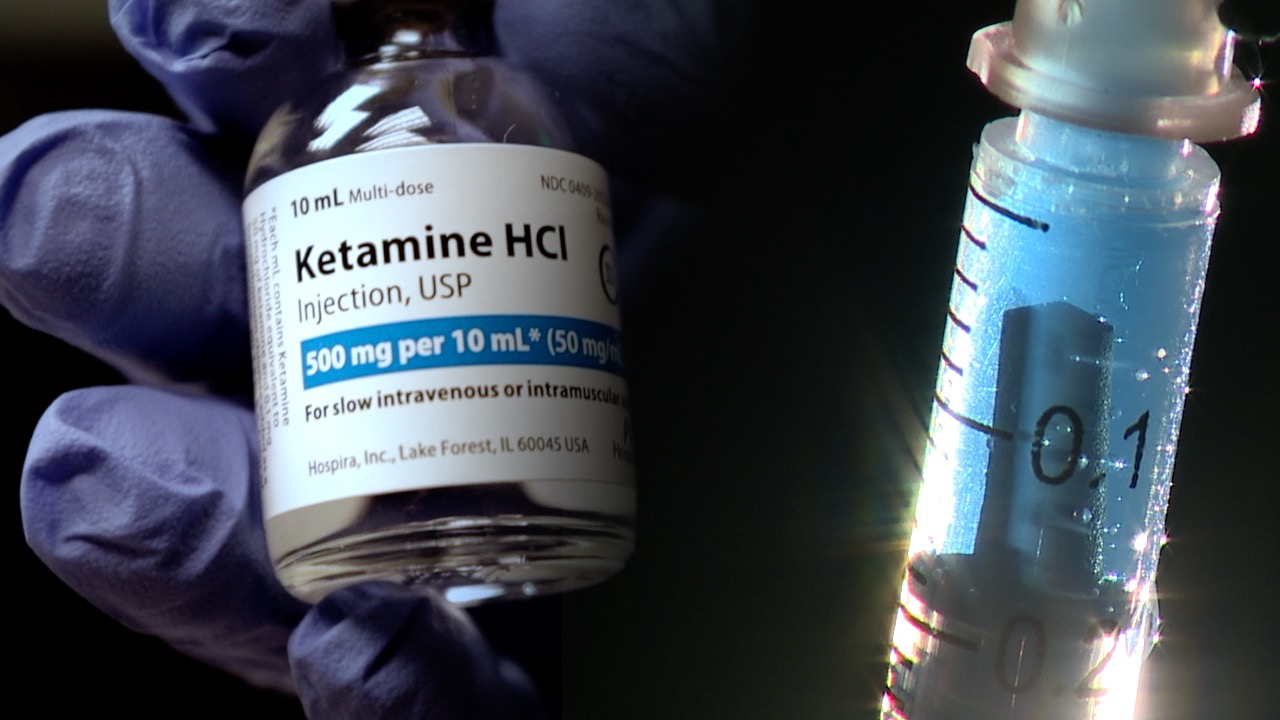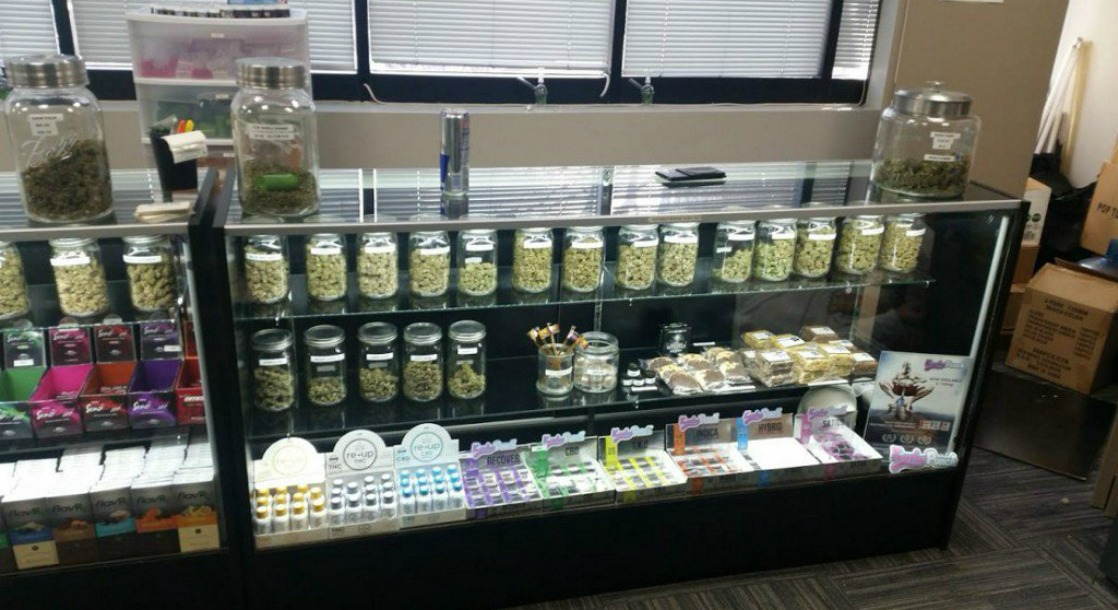Image via
Regular intravenous doses of ketamine can provide rapid relief for anyone suffering from PTSD, according to a new study recently published in the American Journal of Psychiatry.
Researchers randomly assigned 30 patients suffering from chronic PTSD to one of two groups during a two-week clinical trial. One of these groups received six infusions of ketamine at regular intervals over the two weeks, while the other group received six injections of midazolam, a benzodiazepine used for anesthesia and anxiety relief. Each subject’s PTSD symptoms were regularly rated using standard clinical assessment techniques.
The subjects who received ketamine infusions showed an immediate, significant improvement in their PTSD symptoms, and these improvements continued throughout the trial. In fact, the subjects who received ketamine reported a reduction in symptoms for an average of 27.5 days after they stopped receiving the treatment. Overall, 67 percent of the subjects in the ketamine group responded positively to the treatment, and none of the patients reported a serious adverse reaction.
“This randomized controlled trial provides the first evidence of efficacy of repeated ketamine infusions in reducing symptom severity in individuals with chronic PTSD,” the study authors concluded. “Further studies are warranted to understand ketamine’s full potential as a treatment for chronic PTSD.”
Previous studies have found that ketamine can effectively treat PTSD symptoms, so the authors of the present study were not surprised that their research confirmed these results. “What was surprising was how robust the results were,” said lead author Adriana Feder, MD, associate professor of psychiatry at Icahn School of Medicine, Mount Sinai, to Medscape Medical News. Feder said she was also surprised that her team was “able to show such a clear difference” between the two groups even though there were only 30 participants in the study.
Despite the small subject pool, the robust findings of the research confirm the validity of ketamine as an effective PTSD treatment. The study authors explain that there are currently “few available pharmacotherapies for PTSD, and their efficacy is insufficient,” Medscape Medical News reports. The authors add that although psychotherapy still seems to be the most effective treatment for PTSD, these therapies “are limited by significant rates of nonresponse, partial response, and treatment dropout.”
“There’s a real need for new treatment interventions that are effective for PTSD and also work rapidly, because it can take weeks to months for currently available treatments to work for PTSD,” Feder added.
The findings of this study also bode well for American veterans, many of whom are suffering from PTSD. Federal law prohibits veterans from using medical cannabis to treat their symptoms, but the US Department of Veterans Affairs (VA) recently allowed its doctors to prescribe Spravato, an FDA-approved form of ketamine. In 2019, the Trump administration ordered a sizable amount of this new drug for veterans, but the VA has so far been extremely cautious about dispensing this medicine.











